The Supreme Court of Texas recently released an opinion addressing the state’s recreational use statute (RUS) and governmental immunity laws after a plaintiff sued the University of Texas at Austin for negligence. The plaintiff filed a personal injury claim against the University after an employee struck her with a University-owned car while she was riding her bike. The woman suffered various injuries, including bruises, fractures, and facial cuts. The employee admitted that his view was partially blocked, and he failed to see the biker. However, the school argued that it was not liable based on the RUS and Tort Claims Act (TCA).
Historically, citizens could not sue governmental entities for any injuries they suffered because of the government or their agent’s negligence. However, the TCA partially waives Texas’s sovereign immunity in specific cases. The TCA allows individuals to sue governmental agencies if, the government employee was acting within the scope of their employment, the claim was filed within the statute of limitations, and the at-fault party was not acting in response to an emergency.
The RUS provides that landowners who make their property available for recreational use owe only a limited duty of care to those who use their land. Property owners in these cases must only refrain from acting grossly negligently or intentionally injuring people who use their land for recreational use. Texas broadly defines “recreational use,” as any activity that is related to “enjoying the outdoors.” This includes activities such as, camping, biking, water activities, hunting, fishing, using a swing set, and golfing. Landowners can only assert this defense if they do not charge a fee or if they meet specific monetary guidelines. If a landowner charges a fee, they cannot benefit from the RUS unless the total payments they collected the previous year were less than 20 times the property tax. In instances where the RUS intersects with the TCA, plaintiffs must establish that the governmental entity was grossly negligent, acted maliciously, or in bad faith.

 Texas Injury Lawyers Blog
Texas Injury Lawyers Blog


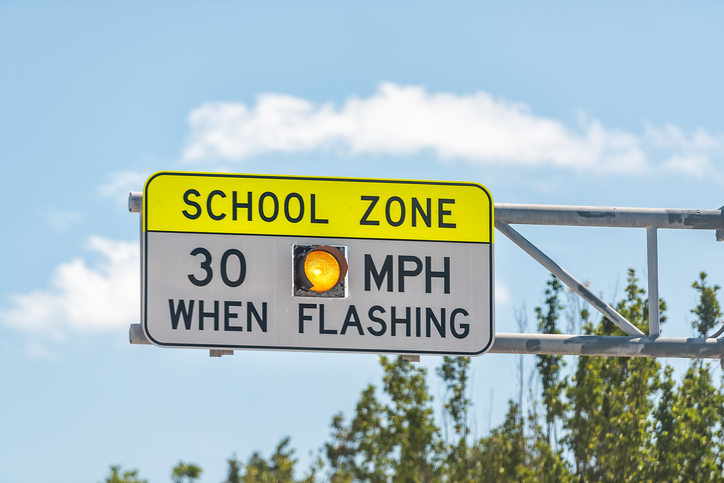
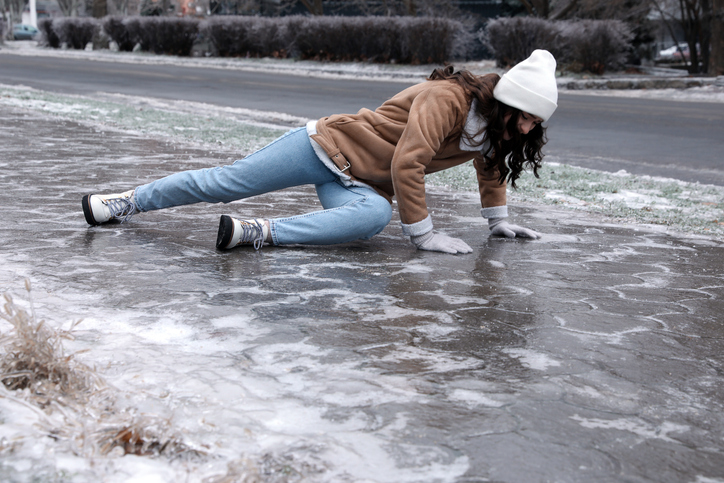
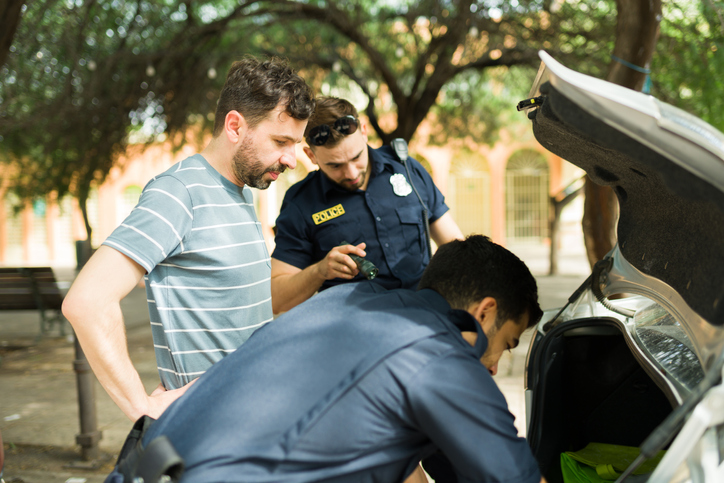
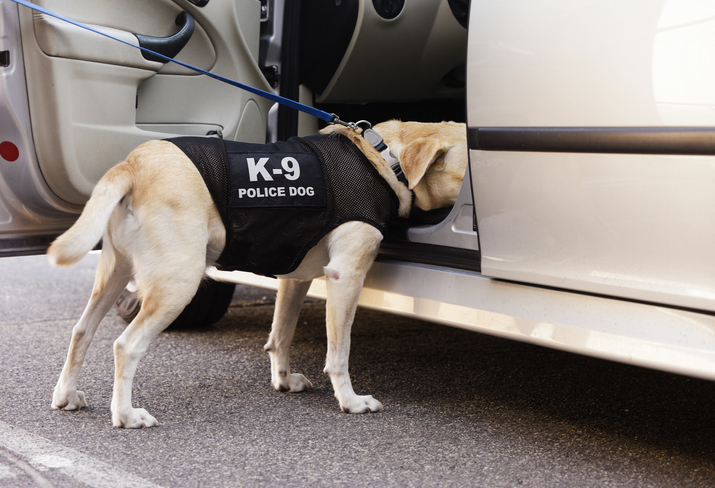

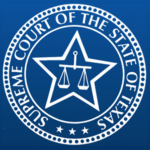 The Supreme Court of Texas recently delivered an
The Supreme Court of Texas recently delivered an